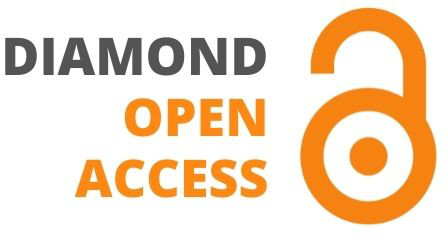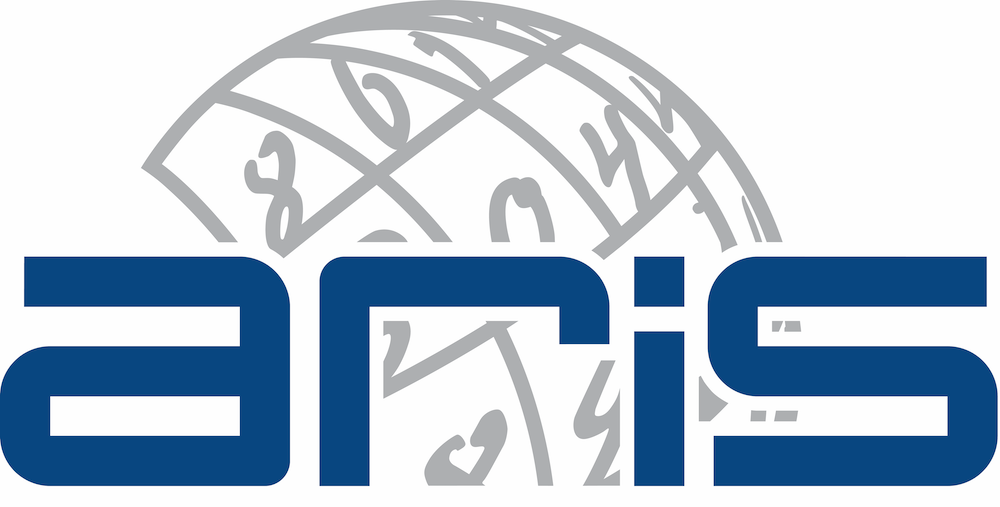Journal of Information Technology in Construction
ITcon Vol. 19, pg. 360-382, http://www.itcon.org/2014/22
An integration framework of advanced technologies for productivity improvement for LNG mega-projects
| submitted: | January 2014 | |
| revised: | June 2014 | |
| published: | September 2014 | |
| editor(s): | Wang X., Li H., Wong J. and Li H. | |
| authors: | Lei Hou, PhD, Australasian Joint Research Centre for BIM, School of Built Environment, Curtin University, Australia; lei.hou@curtin.edu.au Xiangyu Wang, Curtin-Woodside Chair Professor for Oil, Gas & LNG Construction and Project Management Co-Director of Australasian Joint Research Centre for BIM, Curtin University; International Scholar of Department of Housing and Interior Design, Kyung Hee University, South Korea xiangyu.wang@curtin.edu.au Jun Wang, Visiting Academic School of Construction Management and Real Estate, Chongqing University, China; Australasian Joint Research Centre for BIM, School of Built Environment, Curtin University, Australia; jun.wang1@curtin.edu.au Martijn Truijens, Lean Construction Technology Advisor Woodside Energy Ltd., Australia; martijn.truijens@woodside.com.au | |
| summary: | Construction productivity issues in the Liquefied Natural Gas (LNG) construction industry can lead to project cost blowouts. Time wasted by construction personnel getting the right information on megaprojects can be a substantial contributing factor. It appears that the traditional method of communication on site is not cost effective, judging by the number of large project that have experienced budget overruns in the past. The concept framework defined in this research paper will form the basis for a scientific validation that aims to support the hypothesis that productivity can be substantially improved in the LNG construction industry. The approach is based on a novel context-aware mobile computing framework that integrates innovate concepts and technologies including but not limited to Information Communication Technology (ICT), Building Information Modeling (BIM), advanced visualization, Radio Frequency Identification (RFID) and laser scanning. The integration of these technologies in a cohesive dynamically updated database combined with real time visualisation will give construction personnel a superior advantage compared to current practice; site personnel waiting for permits, waiting for materials, searching for information only to realise that the drawing in their hand was incorrect in the first place. The next phase of this study will conduct a series of experiments based on a real scale construction module. It is believed the results will reveal positive effects in labour productivity that will benefit lean construction practitioners in todays global LNG construction industry. | |
| keywords: | LNG construction, system ICT, BIM, advanced visualization, RFID, laser scanning, productivity | |
| full text: | (PDF file, 2.032 MB) | |
| citation: | Hou L, Wang X, Wang J, Truijens M (2014). An integration framework of advanced technologies for productivity improvement for LNG mega-projects, ITcon Vol. 19, Special issue BIM Cloud-Based Technology in the AEC Sector: Present Status and Future Trends, pg. 360-382, https://www.itcon.org/2014/22 |





